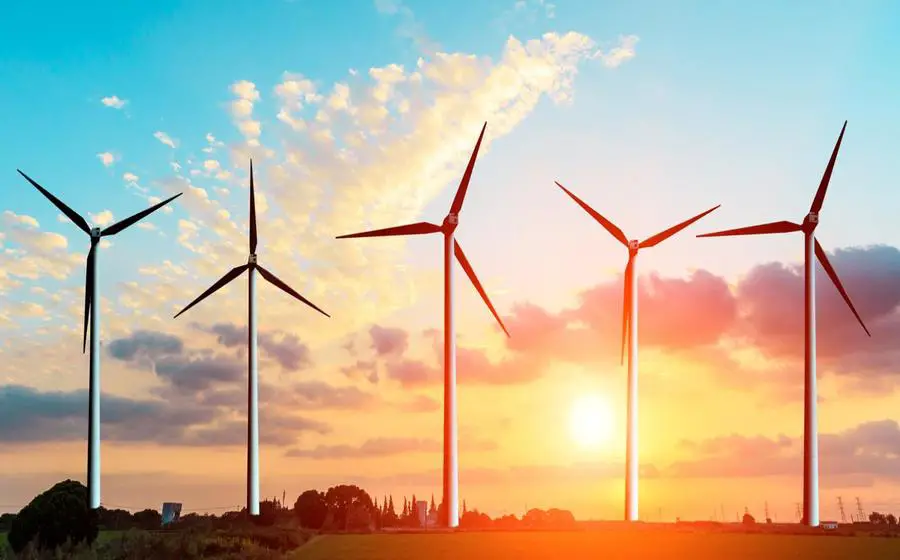Construction works are set to begin soon at the Sidi Mansour wind farm project located in the northern region of Tunisia following the signing of a financing agreement between the contracting company, UPC Renewables (UPC) and the Climate Fund Managers (CFM) which is a boutique investment manager that aims to secure a sustainable future through impactful investing.
CFM will participate in the US$ 40M project as a co-developer, sponsor, financial advisor, and an environmental and social (E&S) advisor, through its development and construction financing mechanism dubbed Climate Investor One (CI1).
Also Read: 120MW solar pv ‘Gafsa plant’ to be constructed in Tunisia
UPC on the other hand is responsible for the development of the project and with its local team will handle land security, acquisition of necessary permits, wind resource assessment, and engineering as well as the selection of subcontractors and suppliers.
Project overview
According to Brian Caffyn, the President of the UPC group, the objective of the Sidi Mansour wind farm project is to boost the economy of the Republic of Tunisia, create local jobs, and set up a social plan for local communities while respecting the international environment protection directives.
Upon completion, the Sidi Mansour wind farm project, which will be the first privately-owned wind farm in the North African country, will have the capacity to generate approximately 30 MW of electricity that will be sold to the Tunisian Electricity and Gas Company (Steg), under the terms of a power purchase agreement (PPA) signed last year.
In addition to electricity, the project is expected to provide about 100 jobs and help prevent the emission of 56,645 tonnes of CO2 throughout its life span. Above all, the Sidi Mansour wind farm is expected to assist the government of Tunisia to archive its objective to increase the share of renewable energies in the mix of electricity production from 3% as of 2016 to 30% by 2030.
